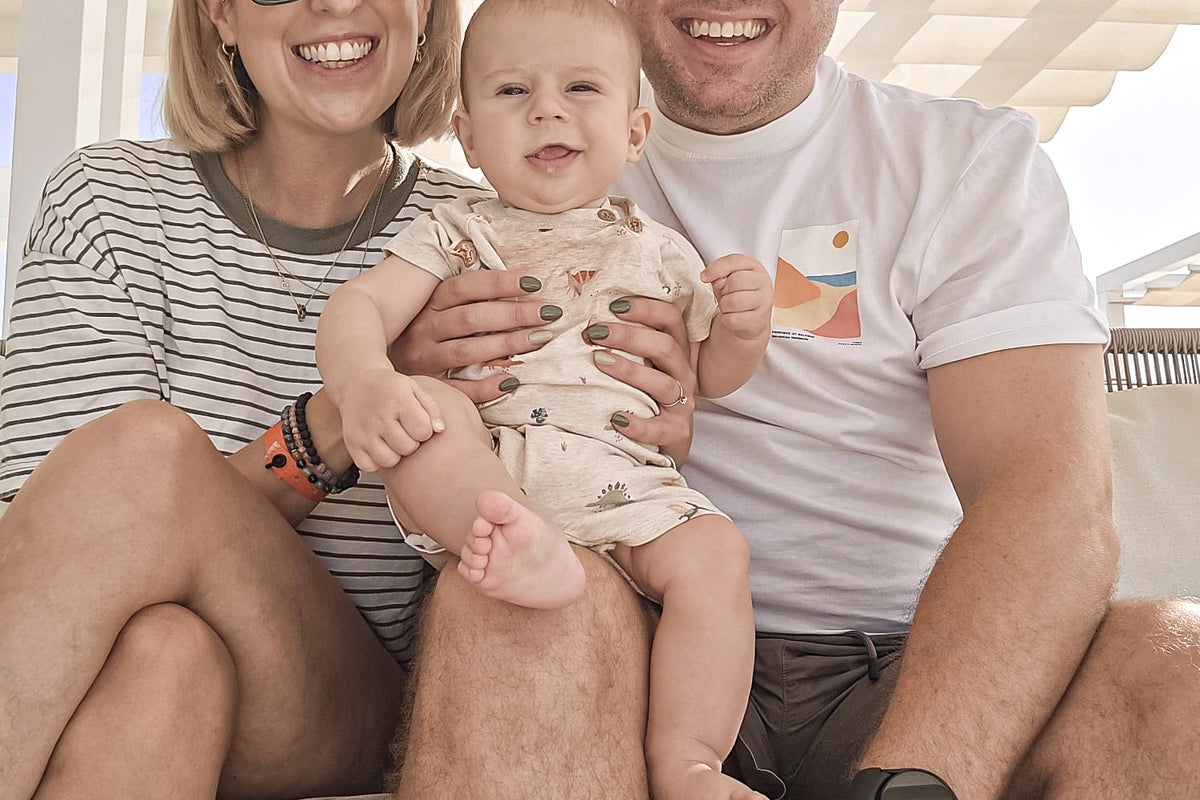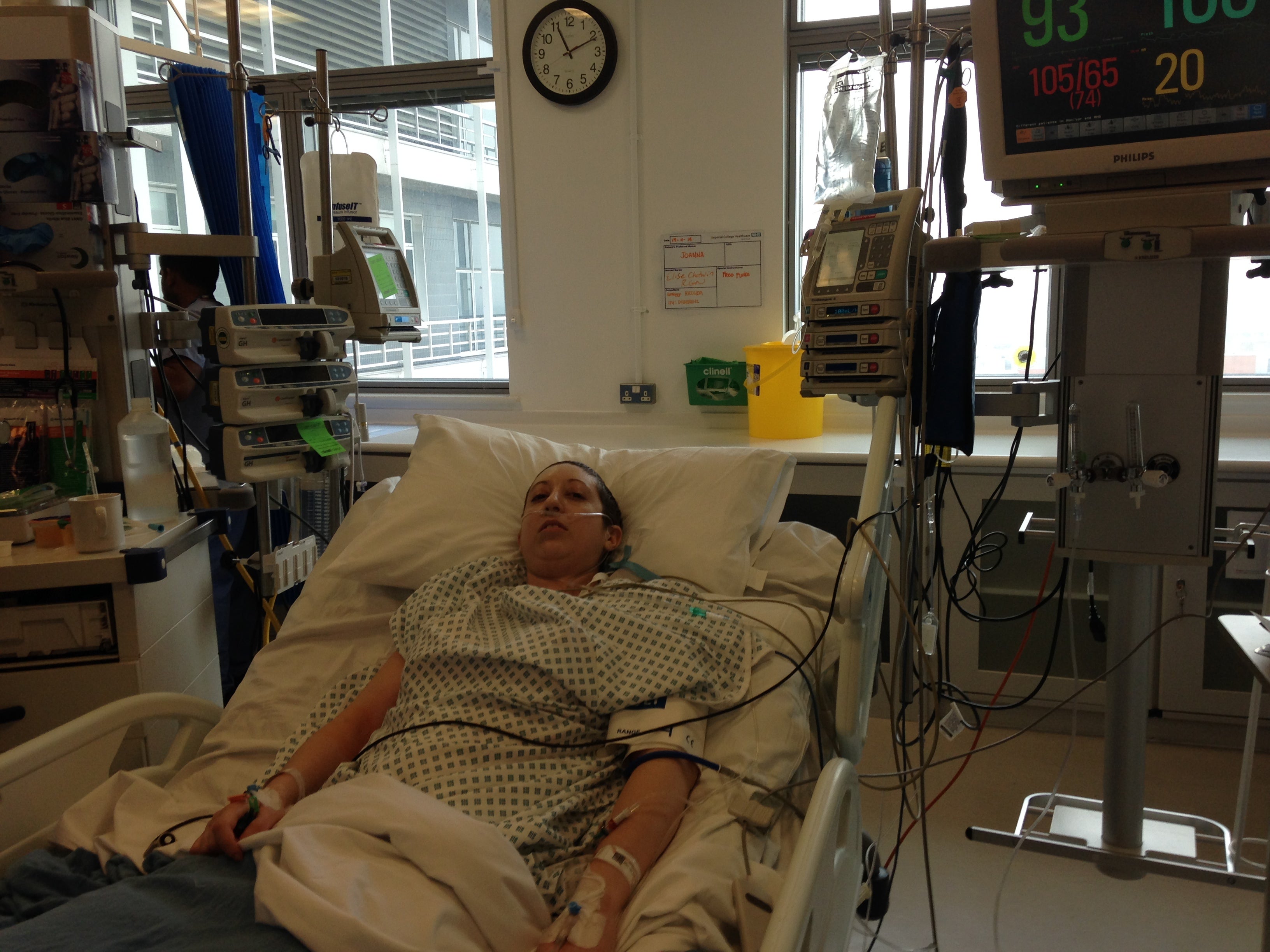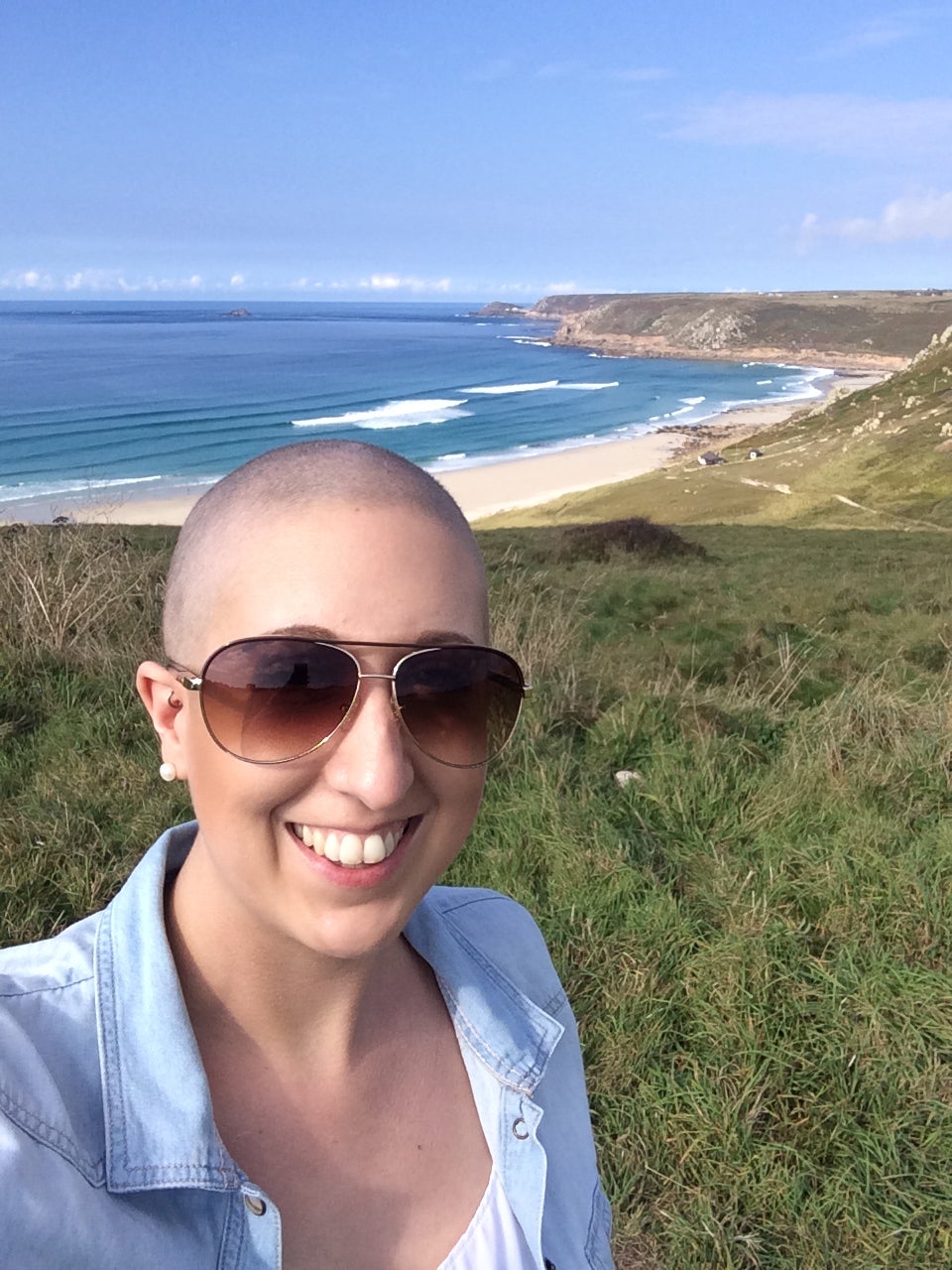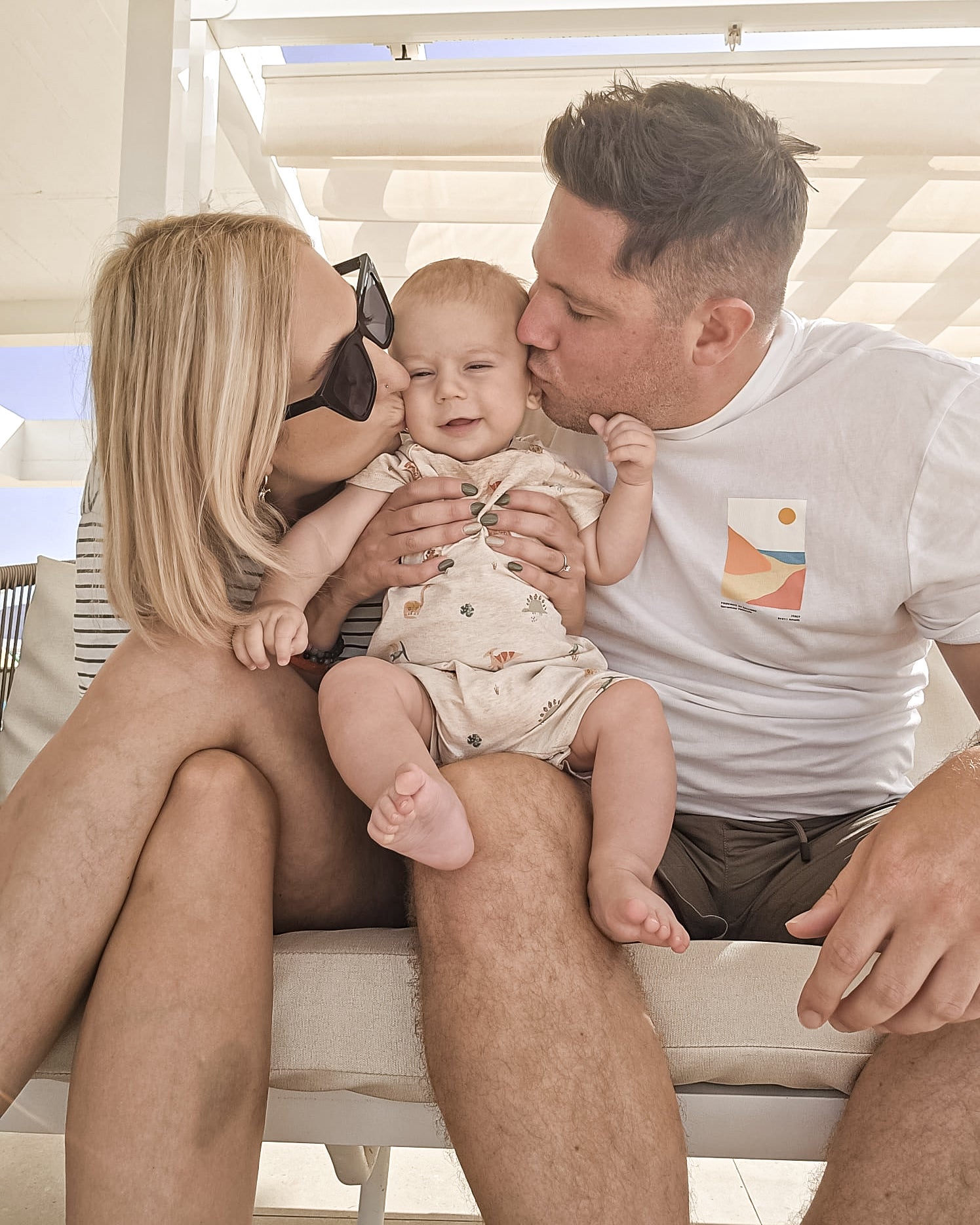
For Joanna Young, the news that doctors had found a rare form of ovarian cancer with just a five to 10 per cent chance of survival was devastating enough.
Little did the 26-year-old know that the treatment to save her life would also rob her of the chance to conceive a child, a prospect that affects tens of thousands of women of reproductive age who are diagnosed with cancer in the UK.
Treatments such as chemotherapy, radiotherapy and surgery can cause permanent damage to reproductive potential, yet access to fertility preservation on the NHS remains inconsistent.
With funding decisions made at a local level, many women are unable to access treatment due to a postcode lottery system, with only seven per cent of Independent Care Boards implementing the guidance that up to three IVF cycles should be given to women under 40.

In 2013, Joanna was informed that a rugby ball-sized cyst had been found on her ovary, and the cancer spread to her lymph nodes one year later.
She said: “My doctors felt that we needed to start the chemotherapy as quickly as possible and freezing my eggs would’ve prolonged that. As well as that, because they knew so little about the type of cancer I had, there was concern about how the cancer would react to the hormone medication needed to freeze my eggs. So it was decided my best option was to begin chemotherapy straight away.”
Over the course of her treatment, she underwent major surgery to remove her lymph nodes, months of intense chemotherapy and a stem cell transplant.
“It played on my mind, especially as I’d have liked multiple children, but I knew that if I didn’t survive the cancer then I wouldn’t be having kids anyway. Having treatment was my only option so I had to push the concerns over my fertility to the back of my mind,” she said.

In 2015, she was given the all-clear and has remained cancer-free ever since, but was left navigating infertility and early menopause.
Joanna added: “I have regular ultrasounds to check for any new cancer and there were a couple where they thought I might have some very immature eggs left. But then a few months later, I had another ultrasound where they said my ovary was completely shrivelled up.
“Every time I was given a little bit of hope I wondered if I might be one of the lucky ones. There would be moments where I’d be like ‘oh my god, something good is happening’, and then everything would come crashing back down again.
“I would get quite frustrated with my family and friends when they asked why I wouldn’t consider egg donation. I knew it was a feasible option, but I think if you’re not in that situation you can’t understand what it means to grieve the loss of a genetic child.”
Dating was also a daunting prospect, until she met Gary, who is now her husband, on Tinder in 2018, and they began researching egg donation online.
“I knew I wanted to be a mum, but I didn’t know if I could get my head around the route we would have to take to become parents.”

Research from the British Fertility Society in 2019 found that fewer than 500 of a total of 35,000 female cancer patients aged 20-44 underwent fertility preservation, largely because treatment was not offered.
While the criteria in her area meant she was too old to qualify for financial support, Joanna applied for NHS funding due to exceptional circumstances given her cancer history, and was granted one round of IVE at TFP Oxford Fertility clinic.
It wasn’t until June 2023 that she was eventually matched with a donor who had a close genetic match, and they began the complicated process of a hormone-regulated transfer.
After fearing that cancer had shattered her hopes of becoming a mother, she and her partner welcomed their son in May 2024.
The International Federation of Gynaecology and Obstetrics (Figo) have called for health services to prioritise oncofertility services and to raise awareness of preservation options for patients.
For the leading group TFP Fertility Oxford, this would mean fast-tracked referral pathways for oncology patients, dedicated public funding to eliminate geographical inequalities, and a national registry to track outcomes.
Dr Justin Chu, medical director at TFP Oxford Fertility, said: “Figo’s guidance is a powerful reminder that fertility preservation must be a core part of cancer care. While the NHS has made significant strides in improving its care of patients with cancer, there is still work to be done to ensure that every eligible patient in the UK can access fertility preservation quickly, safely and equitably.”
The Department for Health and Social Care has been contacted for comment.
‘Pain relief failed me but I began to embrace life again thanks to medical cannabis’
Cancer patients from minority backgrounds face end-of-life care disparity
Labour are ‘handmaidens’ to Reform, Green Party leader to tell conference
How staying in education can help protect you from dementia
Do I have Covid or flu? The crucial symptoms you need to know as cases rise
Revolutionary eczema treatment ‘could end years of suffering’ for patients







